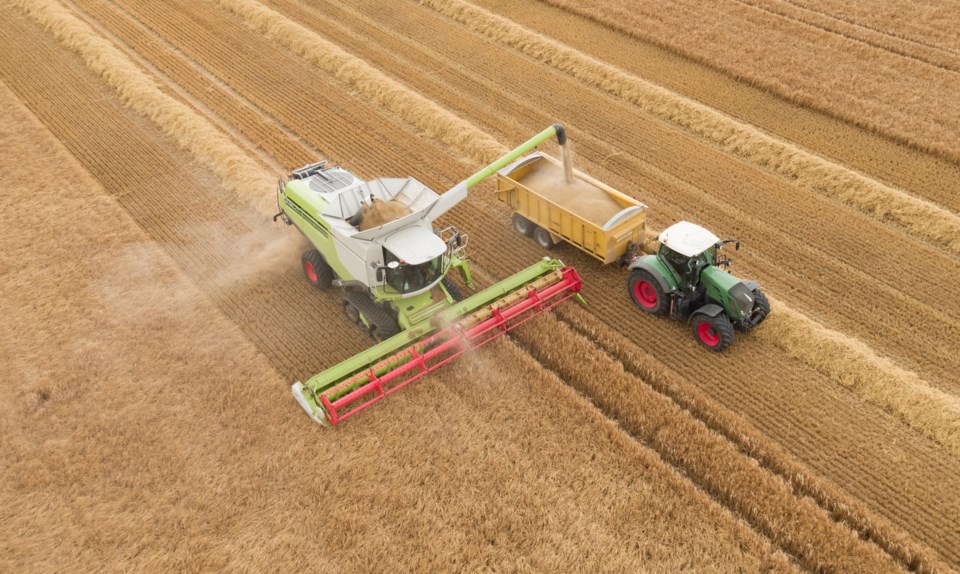The agriculture industry is usually not in the news a lot, but that may be about to change.
Food growers and their industrial associations – along with a couple of provincial governments – are up in arms over the federal government’s demand that emissions from fertilizer use must be reduced by 30 per cent by 2030.
It is all part of the Trudeau government’s ambitious plan to cut greenhouse gas (GHG) emissions by more than 40 per cent within eight years. Since the plan was first laid out in detail in March, the oil and gas and transportation sectors received the most attention when it came to gauging the plan’s impact.
But now the agriculture industry is realizing the potential implications of the climate plan for its sector and so far, much of the response has been fairly negative.
Some farmers say such a reduction can’t be done without a huge decline in the actual use of fertilizer, a development they say will lead to lower production of crops and food and higher prices for consumers.
Huge amounts of fossil fuels are prevalent throughout agriculture – in the ground, in the many kinds of machines and equipment that are used, in the transport of food products, in the different agrichemicals that are regularly used etc. – but for now fertilizer is getting all the attention.
The governments of Saskatchewan and Ontario – two provinces with huge agriculture sectors – have both cried foul and fired off angry communiques at a recent conference of federal and provincial agriculture ministers..
The B.C. government’s position on climate change closely mirrors that of the federal Liberal government, so it is more supportive of setting such targets when it comes to reducing emissions.
B.C. Agriculture Minister Lana Popham recently told me it is worth trying to do things differently and she is confident the federal government will hit the pause button and make adjustments if the industry’s dire predictions start to become reality.
She also points to some companies – such as B.C.-based Lucent Biosciences – that have developed alternative fertilizers that have far lower emissions and farming operations that use changing technologies to reduce emissions as good examples of doing things differently.
“The old saying of ‘necessity is the mother of invention’ fits here,” she said.
In many ways, the looming fight over fertilizer use mirrors tensions we will see start to develop in other industrial sectors, as reduction targets and made and different types of responses and actions begin to take hold.
Then again, there is every chance many of these targets wither on the vine over time. Previous GHG targets set by Canada and other countries have fallen woefully short of meeting set time lines.
Targets are set, everyone gets excited one way or another, and then not much happens. That may well be the situation here.
It is also far from certain whether the public’s support for ambitious emission reduction targets will last. Rising inflation and its dramatic impact on the cost of living has undoubtedly overtaken concerns about climate change as a top-of-mind issue for the average voter.
In fact, the slumping popularity of the Trudeau government may derail the climate plan before it even begins to take hold. The outcome of the next federal election will likely determine whether it remains on the books or not.
In the meantime, expect to hear a lot more grumbling from the agriculture sector – and other industrial sectors – as the implications that come from aggressively fighting climate change become clearer.
Keith Baldrey is chief political reporter for Global BC.




